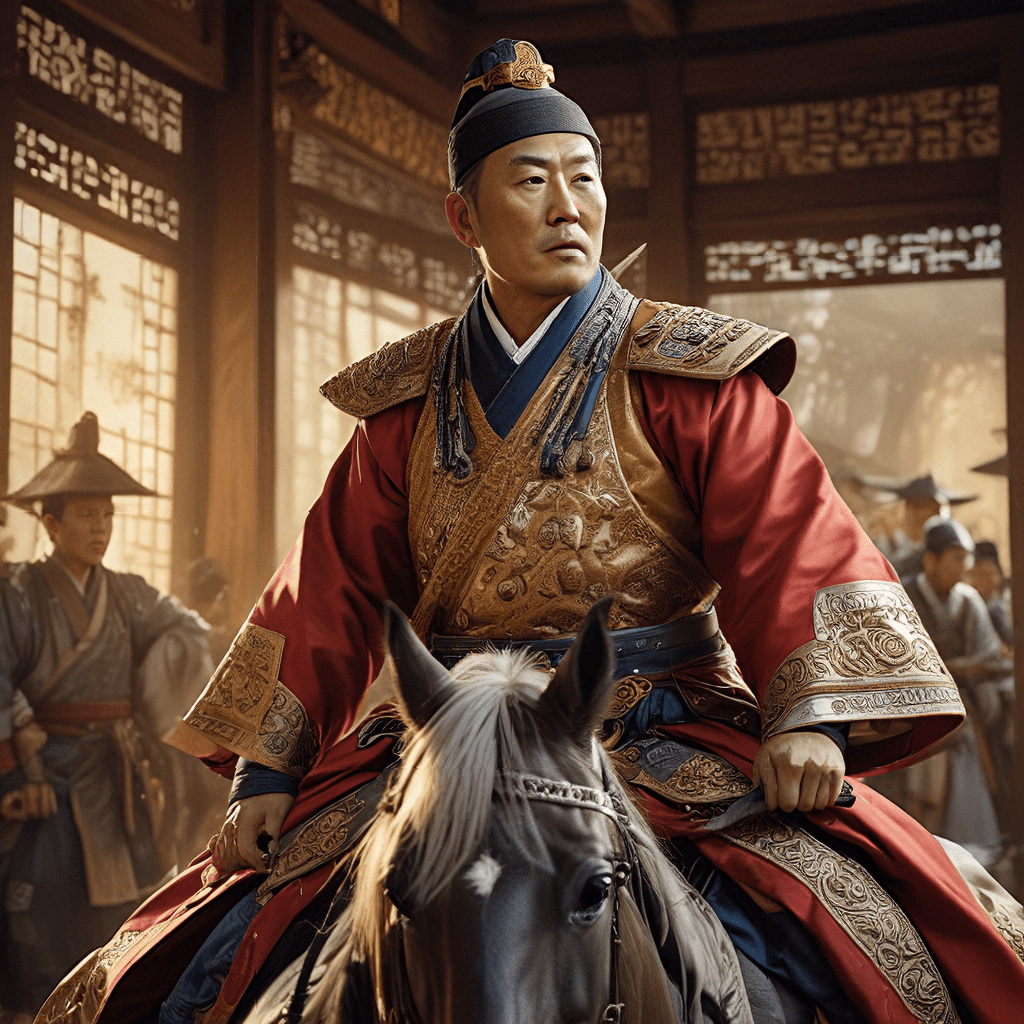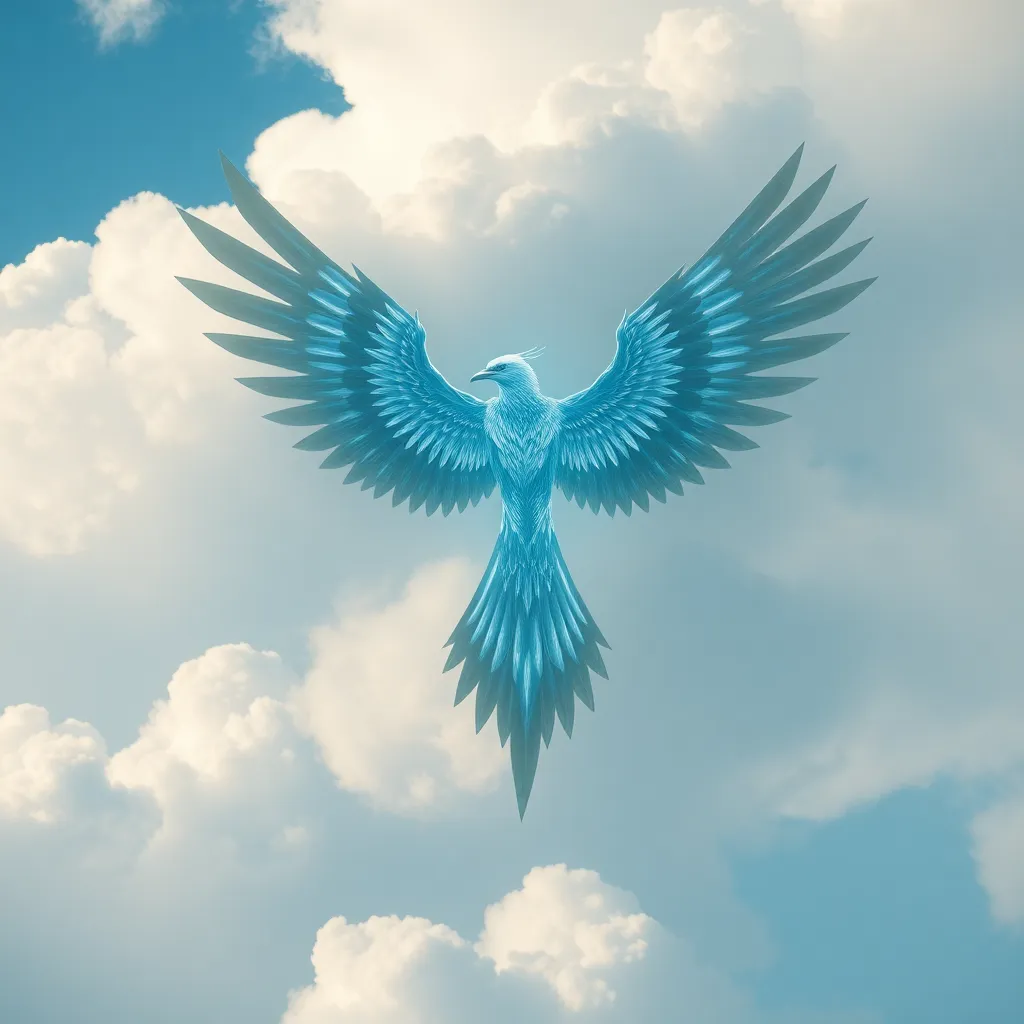Epic Duels: The Most Legendary Mythological Showdowns!
1. Introduction to Mythological Showdowns
Mythological showdowns are epic confrontations between deities, heroes, and supernatural beings that are deeply embedded in the cultural narratives of ancient civilizations. These duels are not merely tales of physical combat; they symbolize the clash of ideologies, moral dilemmas, and existential questions that resonate with humanity. Across various cultures, these narratives serve as a mirror reflecting societal values, fears, and aspirations, making them significant in understanding human nature.
2. The Origins of Mythological Duels
The origins of mythological duels can be traced back to ancient texts and oral traditions that depict battles between gods and heroes. These narratives often illustrate the historical context of the societies that created them, revealing their beliefs in fate, justice, and the struggle between good and evil.
Such duels reflect the values of their societies:
- Honor: Many myths emphasize the importance of honor and valor in battle.
- Divine Will: Duels often represent the will of the gods and their influence over human affairs.
- Cosmic Order: The outcome of these conflicts frequently restores or disrupts the balance of the universe.
3. Greek Mythology: Titans vs. Olympians
The conflict between the Titans and the Olympian gods is one of the most legendary showdowns in Greek mythology. At the heart of this epic battle is Cronus, the leader of the Titans, who fears being overthrown by his own children. This fear leads him to swallow his offspring, only for Zeus, the youngest, to escape and ultimately challenge him.
Key figures in this showdown include:
- Cronus: The Titan king who represents tyranny and fear.
- Zeus: The ruler of the Olympians who embodies justice and order.
The themes of this myth revolve around power, betrayal, and fate, illustrating the struggle between old and new orders. The victory of Zeus and the Olympians marks the beginning of a new era in mythological history.
4. Norse Mythology: Ragnarok and the Ultimate Showdown
Ragnarok, the prophesied apocalypse in Norse mythology, embodies the ultimate showdown between gods and their foes. It foretells a series of catastrophic events leading to the death of several gods, including Odin, Thor, and Loki, and the destruction of the world as it is known.
Major combatants include:
- Odin: The Allfather who sacrifices much for knowledge and power.
- Thor: The thunder god who stands as a protector against chaos.
- Loki: The trickster god whose betrayal catalyzes Ragnarok.
The cyclical nature of death and rebirth is a central theme, reflecting the Norse belief that destruction leads to renewal, symbolizing the unending cycle of life.
5. Hindu Epics: The Mahabharata’s Great War
The Mahabharata, one of the longest epic poems in history, depicts the Kurukshetra War, a great conflict between two factions of a royal family. This war carries profound mythological implications, exploring the complexities of duty, morality, and the concept of dharma.
Key characters include:
- Arjuna: A skilled warrior torn between duty and morality.
- Krishna: Arjuna’s charioteer and divine guide who imparts spiritual wisdom.
- Bhishma: The noble warrior with a vow of celibacy who faces his own tragic fate.
Through Arjuna’s internal struggle and Krishna’s teachings, the Mahabharata delves into the complexities of human existence, making it a timeless exploration of ethical dilemmas.
6. Celtic Legends: The Battle of the Gods
Celtic mythology is rich with tales of battles that often feature gods, heroes, and supernatural beings. One prominent figure is Cú Chulainn, a hero known for his unmatched combat skills and tragic fate.
The Tuatha Dé Danann, a race of divine beings, frequently engage in battles that reflect themes of heroism, fate, and the supernatural. The intersection of these elements creates a tapestry of narratives that celebrate valor while acknowledging the inevitability of fate.
7. Egyptian Mythology: The Duel of Osiris and Set
The conflict between Osiris and Set is a cornerstone of Egyptian mythology, symbolizing the eternal struggle between chaos and order. Osiris, the god of the afterlife, represents resurrection and life, while Set embodies chaos and destruction.
This myth explores profound themes such as:
- Chaos vs. Order: The battle signifies the struggle to maintain cosmic balance.
- Resurrection: Osiris’s death and resurrection highlight the belief in the afterlife.
The duel between these deities has shaped Egyptian beliefs about life, death, and the nature of existence.
8. Chinese Mythology: The Fight Between The Dragon Kings
In Chinese mythology, the Dragon Kings of the Four Seas represent powerful elemental forces. Legendary battles among these dragons illustrate the significance of water and its control over nature and human life.
The cultural importance of dragons in Chinese mythology is profound, as they symbolize:
- Power: Dragons are often seen as protectors and bringers of good fortune.
- Control of Nature: Their battles depict the struggle for harmony within the natural world.
These narratives reflect the interconnectedness of humanity and nature in Chinese cultural beliefs.
9. The Legacy of Mythological Duels in Modern Culture
The influence of ancient mythological duels persists in contemporary storytelling, shaping literature, film, and video games. Modern reinterpretations of these epic confrontations often highlight timeless themes such as heroism, sacrifice, and the moral struggles faced by individuals.
Examples of modern adaptations include:
- Films: Movies like “Clash of the Titans” and “Thor” bring ancient myths to a contemporary audience.
- Literature: Novels such as Rick Riordan’s “Percy Jackson” series weave Greek mythology into modern narratives.
- Video Games: Games like “God of War” explore mythological themes through interactive storytelling.
10. Conclusion: The Enduring Power of Mythological Showdowns
Mythological showdowns encapsulate the struggles, values, and aspirations of humanity, offering insights into the human experience. These narratives remain relevant today, serving as a reminder of our shared history and the timeless questions that define our existence.
Through the exploration of these epic battles, we gain a deeper understanding of the complexities of human nature and the societal structures that shape our lives. The enduring power of these myths continues to inspire and resonate, bridging the past with the contemporary world.



